
The world of AI is booming, and everyone wants in. But how do you go from curiosity to career? It’s not just about coding algorithms or mastering complex models. Building a career in AI is more like piecing together a puzzle—one that combines technical skills with hands-on practice, the right projects, and meaningful connections with other professionals.
In this article we’ll cut through the hype and straight away talk about simple strategies that help you develop the right skills, pick the right projects, and navigate the AI landscape like a professional.
KEY 1: Importance of Technical Skills
When it comes to AI, technical skills are non-negotiable. It’s the foundation of everything you’ll do.
But where do you start?
According to 59% of AI professionals, the best way to build that foundation is through a mix of online courses, textbooks, and consistent practice.
If you’re serious about a career in AI, you’ll need to carve out time—about 10-15 hours a week—to focus on learning. The good news? There’s no shortage of resources, many of which are free or affordable, making the barrier to entry lower than ever before.
Key Focus Areas:
- Start with the basics: Linear regression, neural networks, and decision trees. These models are the core building blocks of AI.
- Online learning: Platforms like OpenCV University Coursera, edX, and YouTube offer courses from beginner to advanced levels.
- Allocate time: Set aside 10-15 hours per week for focused learning.
- Stay consistent: Think of AI learning as a habit, not a one-time effort.
Pro Tips:
- Don’t rush: Understand the theory behind the algorithms instead of just memorizing formulas or blindly following tutorials.
- Hands-on learning: Apply what you learn in real-world projects as soon as you can. Coding along with tutorials or contributing to open-source projects can deepen your understanding.
- Stay updated: AI is constantly evolving. Follow industry trends, new tools, and frameworks by regularly visiting blogs, reading papers, and participating in AI communities.
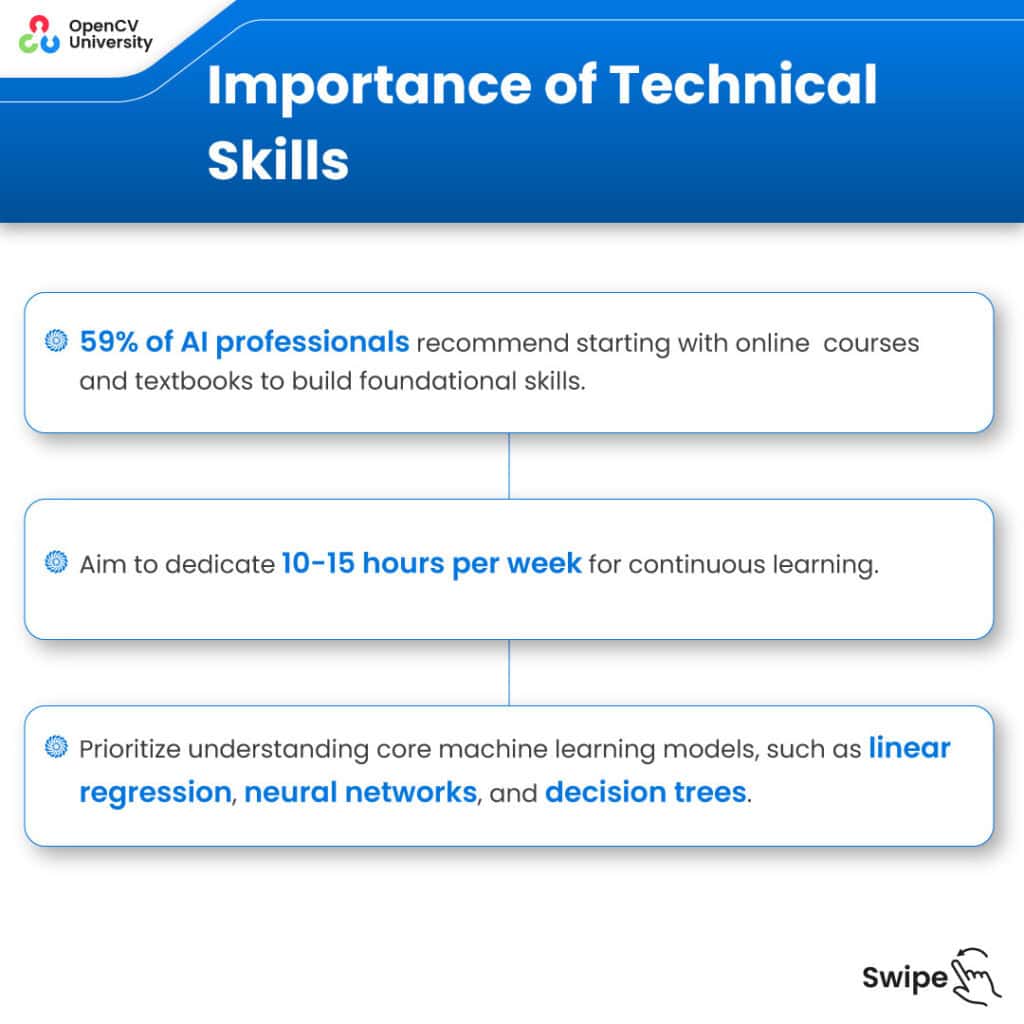
What to Expect:
- The learning curve: You won’t understand everything right away, and that’s okay. The key is to build a solid foundation and then layer more knowledge as you progress.
- Continuous learning: Successful AI professionals treat learning as an ongoing process. Keep improving and expanding your skills.
KEY 2: Applying Knowledge Through Practice
Building a strong foundation of theoretical knowledge is essential, but the real learning happens when you put that knowledge to the test.
In fact, 70% of successful AI professionals highlight the importance of practical experience.
It’s through hands-on projects and real-world problem-solving that you truly begin to understand how AI works in practice.
Why Practical Experience Matters:
- Theory and practice are two sides of the same coin. While it’s great to know how neural networks function in theory, actually building one will give you a whole new perspective.
- Real-world AI projects come with unique challenges—messy data, unclear objectives, and unexpected results. These are the kinds of problems that help you think critically and develop the resilience needed in the field.
- Employers are increasingly looking for practical evidence of your skills. A portfolio filled with diverse, well-documented projects can set you apart from others.
Actionable Steps:
- Complete 3-5 significant projects: These don’t have to be groundbreaking, but they should be meaningful enough to apply the theories you’ve learned. Aim for a mix of supervised learning, unsupervised learning, and deep learning projects.
- Start simple: Don’t overwhelm yourself by jumping straight into complex projects. Start small—like a basic image classifier or a chatbot—then move on to more challenging tasks like time series forecasting or reinforcement learning models.
- Open-source contributions: Contributing to AI-related open-source projects is a great way to gain experience, collaborate with others, and get feedback on your work. It’s also a fantastic addition to your portfolio.
Pro Tips:
- Iterate: Your first few projects won’t be perfect. That’s normal. Focus on iteration—review what worked and what didn’t, and refine your approach in the next project.
- Document everything: When working on projects, document your process. Write clear explanations for the steps you took, the challenges you faced, and how you overcame them. This not only helps you learn but also serves as a great asset for your portfolio.
- Explore Kaggle: Kaggle competitions and datasets are a great way to engage in practical learning. Competing against others gives you a taste of real-world challenges and a chance to see how your skills stack up.
What to Expect:
- Real-world messiness: Unlike perfectly clean datasets from tutorials, real-world data is messy and requires cleaning, handling missing values, and dealing with inconsistencies.
- Trial and error: You’ll make mistakes. Embrace them as part of the learning process. Every setback is a step toward mastering your AI skills.

KEY 3: Project Selection – Choosing the Right Projects
Choosing the right projects can make or break your journey in AI. The most successful AI professionals emphasize that project selection should be thoughtful and strategic. It’s not just about tackling the most challenging problems—it’s about choosing projects that are feasible, valuable, and aligned with your learning goals.
Why Project Selection Matters:
- Focus on feasibility: Not every project is worth pursuing. According to experts, the sweet spot is finding projects with a 70% chance of meaningful success. Projects that are too easy won’t push you forward, while overly ambitious ones can lead to frustration and burnout.
- Learning value: A good project isn’t just about showing off what you already know—it should help you learn something new. Whether it’s mastering a new algorithm or learning how to handle messy datasets, always aim for projects that challenge you just enough.
- Relevance to your goals: Align your project choices with your career interests. If you’re passionate about Natural language processing (NLP), choose projects that build your skills in that area. If computer vision excites you, focus on that instead. Your portfolio should reflect the direction you want to grow in.
How to Choose the Right Projects:
- Start small, aim big: Early on, it’s important to focus on smaller, manageable projects that give you quick wins. These help build confidence and understanding. Once you’ve completed a few, gradually take on larger, more complex projects that align with your career goals.
- Prioritize impact: Look for projects that will have real-world applications. For example, a recommendation system for a small business or an AI tool that solves a specific problem for a community can demonstrate both your skills and your ability to make an impact.
- Portfolio variety: Ensure that your portfolio shows range. Employers look for diversity in skill sets, so mix up your projects to include things like image classification, time series analysis, NLP, and more. This showcases your versatility and broad understanding of AI.
Pro Tips:
- Collaborate on projects: Some of the best learning happens through teamwork. If you can, collaborate with peers on bigger projects. Not only does this spread the workload, but it also gives you a chance to improve your collaboration skills—something highly valued in the AI industry.
- Experiment with new tools: Don’t stick to the same frameworks or models for every project. Try out new libraries or approaches. For example, if you’ve been using TensorFlow, why not give PyTorch a try in your next project? Learning to adapt to new tools is a valuable skill.
- Set clear milestones: Break your projects into smaller, achievable tasks. This helps you track progress and stay motivated, especially during longer, more complex projects.
What to Expect:
- Unexpected outcomes: Not all projects will go as planned. Some will fail, and that’s okay. You’ll learn a lot from what doesn’t work, and this helps you refine your approach to future projects.
- Reassess regularly: Don’t be afraid to drop projects that aren’t yielding valuable learning. Regularly reassess your project list and prioritize based on impact, feasibility, and relevance to your goals.

KEY 4: Importance of Teamwork – Collaborating Effectively
AI projects are rarely solo endeavors.
In fact, 75% of AI professionals agree that teamwork significantly improves project outcomes.
Collaboration brings diverse perspectives, which leads to more creative solutions and better decision-making.
Why Teamwork Matters:
- Diverse expertise: AI projects often involve specialists in different areas—data scientists, engineers, domain experts. Working together helps solve problems faster and more effectively.
- Shared workload: Tackling complex projects becomes manageable when responsibilities are shared. Everyone contributes, and the combined effort moves the project forward more smoothly.
Key Tips for Effective Collaboration:
- Strong communication: Clear, consistent communication is critical for success. Use tools like Slack, Trello, or Jira to keep everyone on the same page.
- Respect for roles: Everyone on the team brings something valuable. Respect each other’s skills, and encourage open discussion to solve problems.
- Frequent feedback: Make feedback a regular part of the process. It helps everyone improve and ensures the project stays on track.
What to Expect:
- 50% more success: Projects are 50% more likely to succeed when collaboration is prioritized.
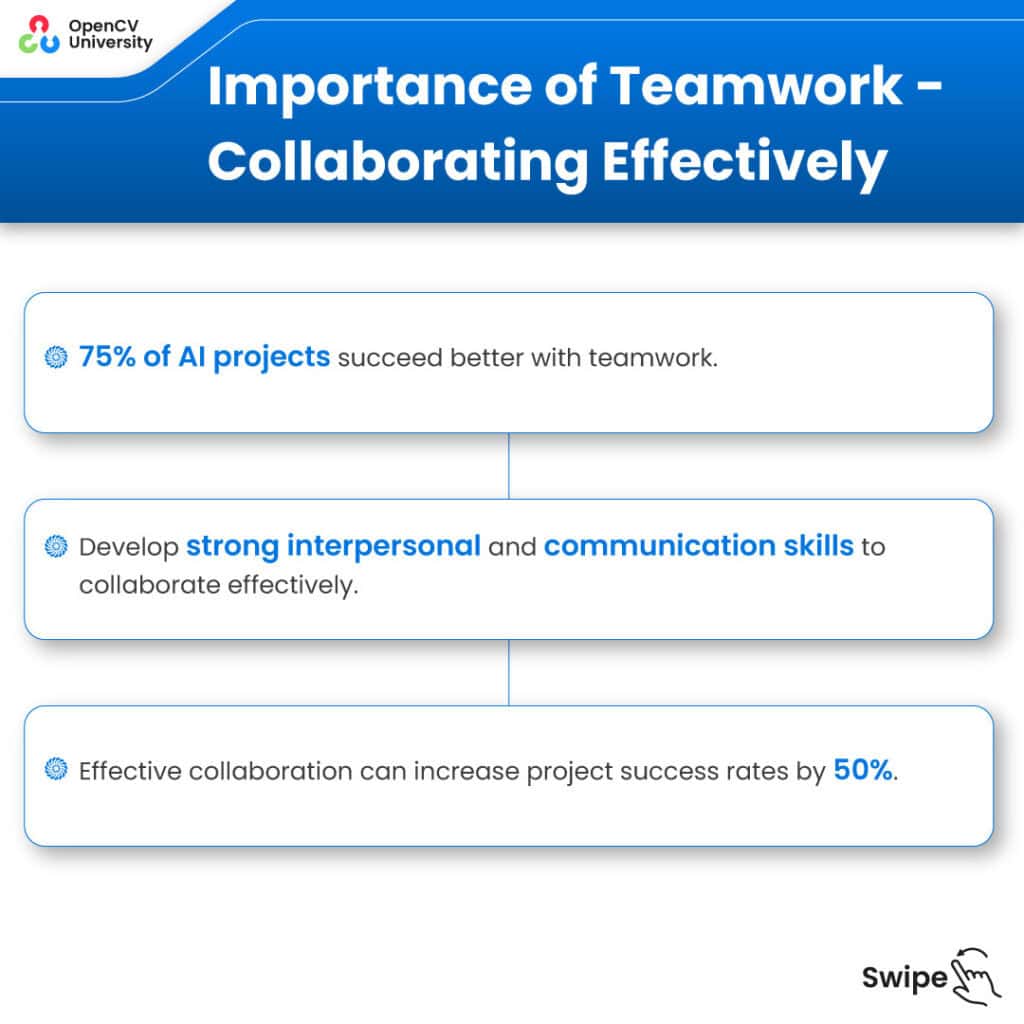
KEY 5: Networking – Building Professional Relationships
Networking is a critical aspect of building a career in AI.
In fact, 85% of job opportunities come through networking, making it a must, even if you’re introverted.
Building genuine professional relationships can open doors you might not find through job boards alone.
Why Networking Matters:
- Access to opportunities: Most jobs aren’t advertised. Networking helps you tap into the hidden job market, where recommendations and referrals make all the difference.
- Learning and growth: Connecting with others in the field helps you stay updated on industry trends and learn from peers with more experience.
Actionable Tips:
- Connect regularly: Aim to connect with 5-10 professionals monthly, either online or at events.
- Be genuine: Build relationships by showing genuine interest. Networking is about creating long-term professional connections, not just hunting for jobs.
- Leverage social platforms: LinkedIn and Twitter are great places to start engaging with AI professionals. Participate in discussions, share your projects, and follow thought leaders.
What to Expect:
- Long-term benefits: Networking isn’t a one-time task. It’s an ongoing effort that pays off over time as you build a reputation and create meaningful connections.

KEY 6: Job Search Strategies – Navigating the Job Market
Job hunting in AI can be daunting, with 40% of job seekers finding it the most challenging part of their career journey. The key is approaching it strategically rather than rushing or getting discouraged.
Effective Strategies:
- Stay positive: 90% of successful job seekers maintain a positive outlook throughout the process. Treat setbacks as part of the journey, not roadblocks.
- Tailor your applications: Customize your resume and cover letter for each position, focusing on relevant skills and projects.
- Use your network: Referrals can significantly improve your chances. Reach out to your connections for introductions and recommendations.
Pro Tips:
- Treat it like a process: Job searching isn’t just about getting hired. It’s one step in your career development—keep learning and growing along the way.
- Stay organized: Keep track of applications, follow-ups, and interview feedback to manage the process smoothly.
Approach the job market with patience and preparation, and treat every application as an opportunity to learn and refine your strategy.

KEY 7: Personal Discipline – Developing Good Habits – Career in AI
95% of successful AI professionals attribute their achievements to personal discipline. Good habits are the backbone of a productive and balanced career.
Key Habits:
- Consistent learning: Set aside time regularly for upskilling.
- Work-life balance: Take care of your health to maintain long-term productivity.
- Stay organized: Keep track of your projects, learning, and goals.

Start and Advance Your AI Career
Ready to take the next step? Whether you’re just starting out or looking to level up, there are plenty of resources to guide you.
Free courses like those available at OpenCV University can help you build a solid foundation in AI, with hands-on projects and practical insights.
OpenCV University Premium AI Courses
For those seeking more structured learning paths, platforms like Coursera also offer a wide range of AI courses, from beginner to advanced.
No matter which route you choose, the key is to start learning, stay curious, and keep building your skills. AI is a field where consistent growth leads to long-term success.
Final Word
Building a career in AI is about more than just mastering algorithms—it’s about combining technical skills with practical experience, teamwork, and networking.
Stay disciplined, choose meaningful projects, and keep learning. With the right approach, you’ll be well on your way to success in the ever-evolving AI field.
Sources of the statistics: Coursera, deeplearning.ai, datacamp.com, springboard.com, iabac.org

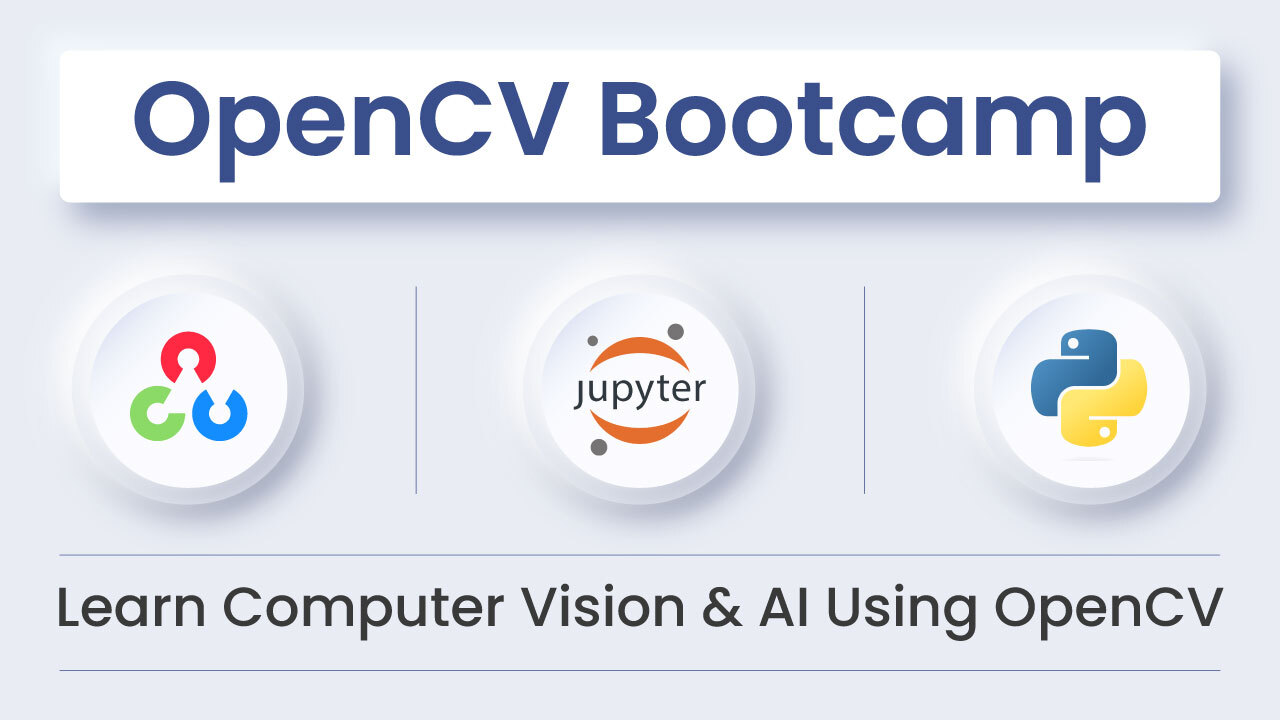
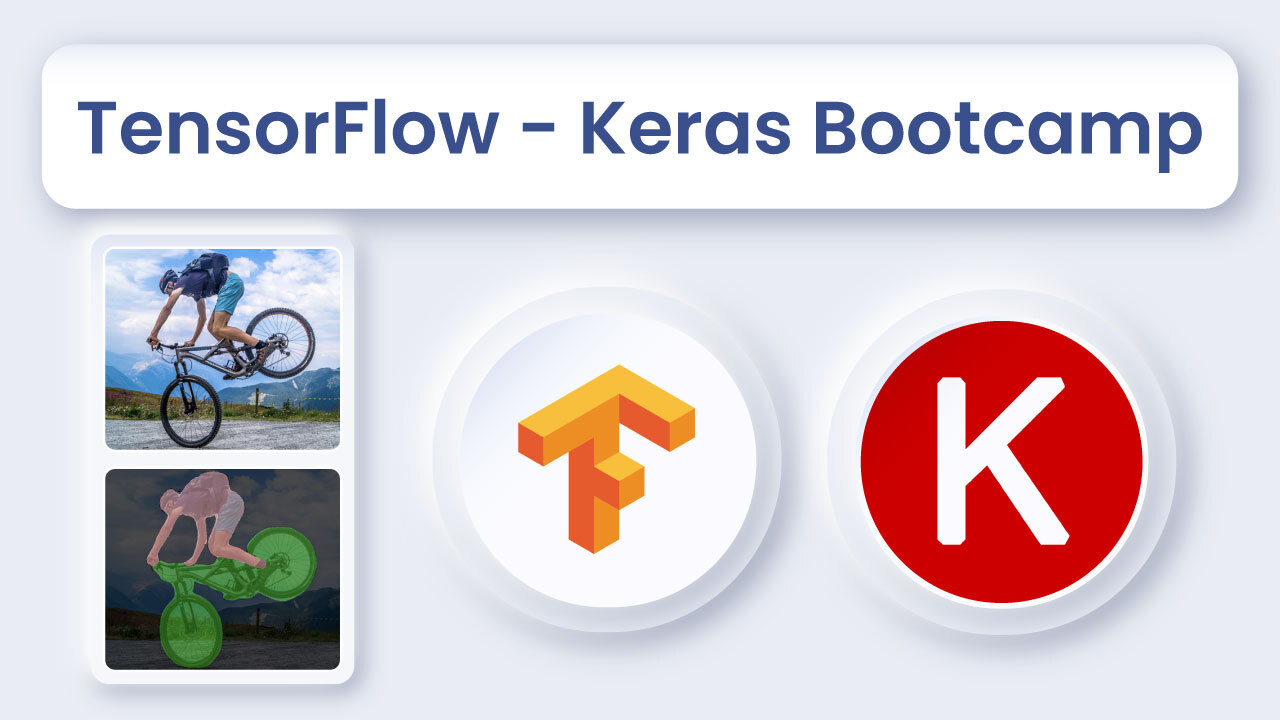
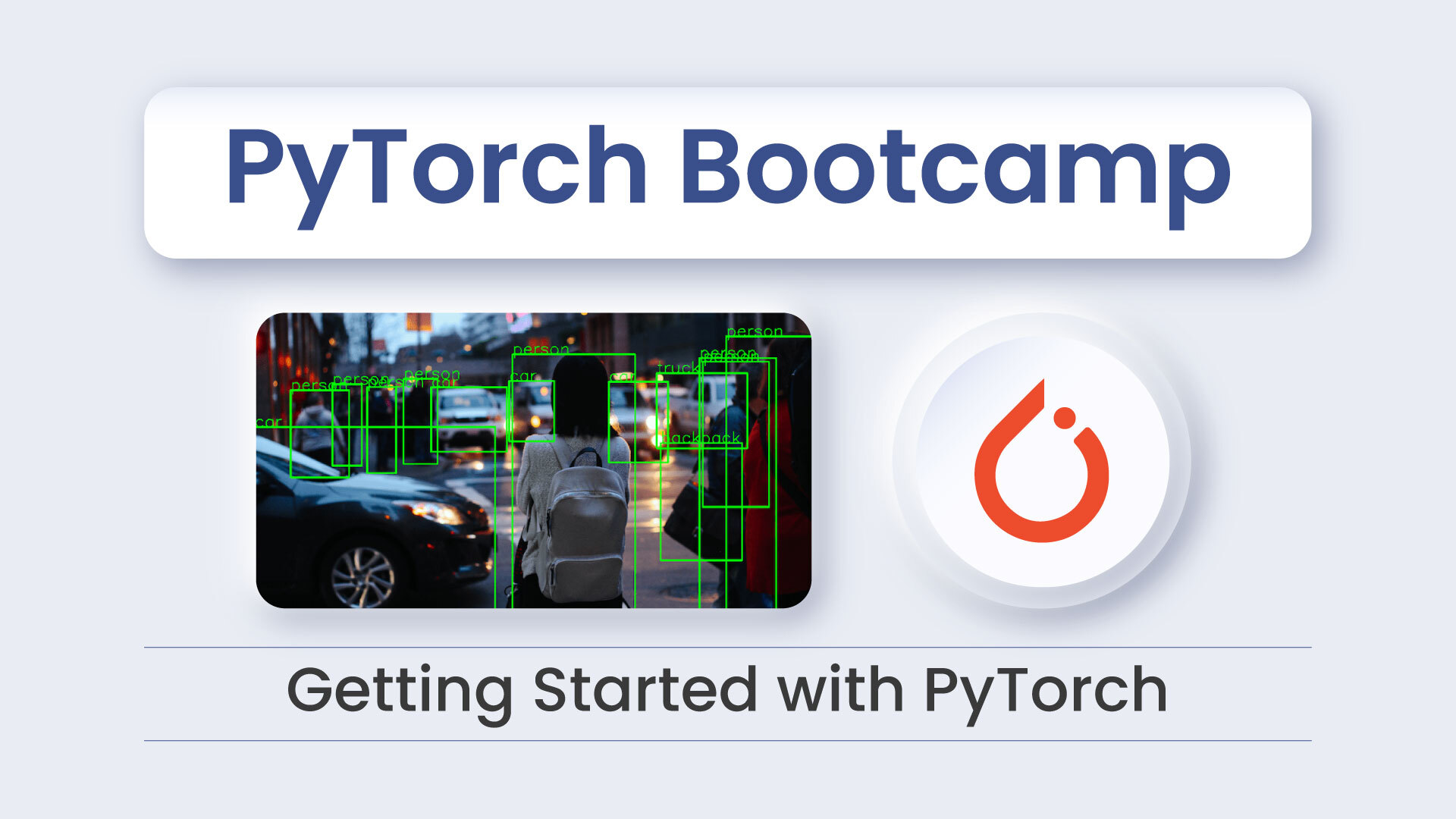
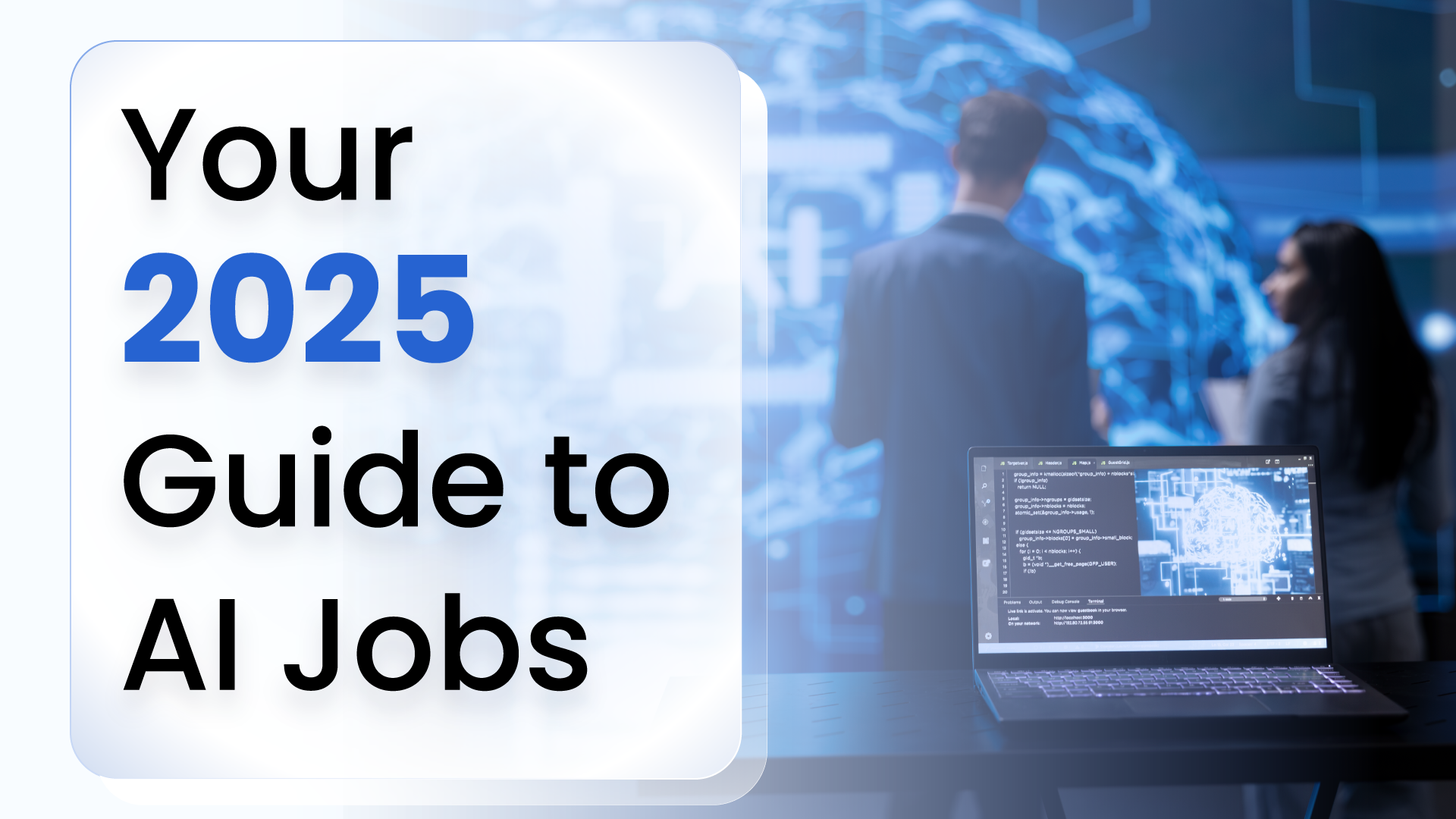
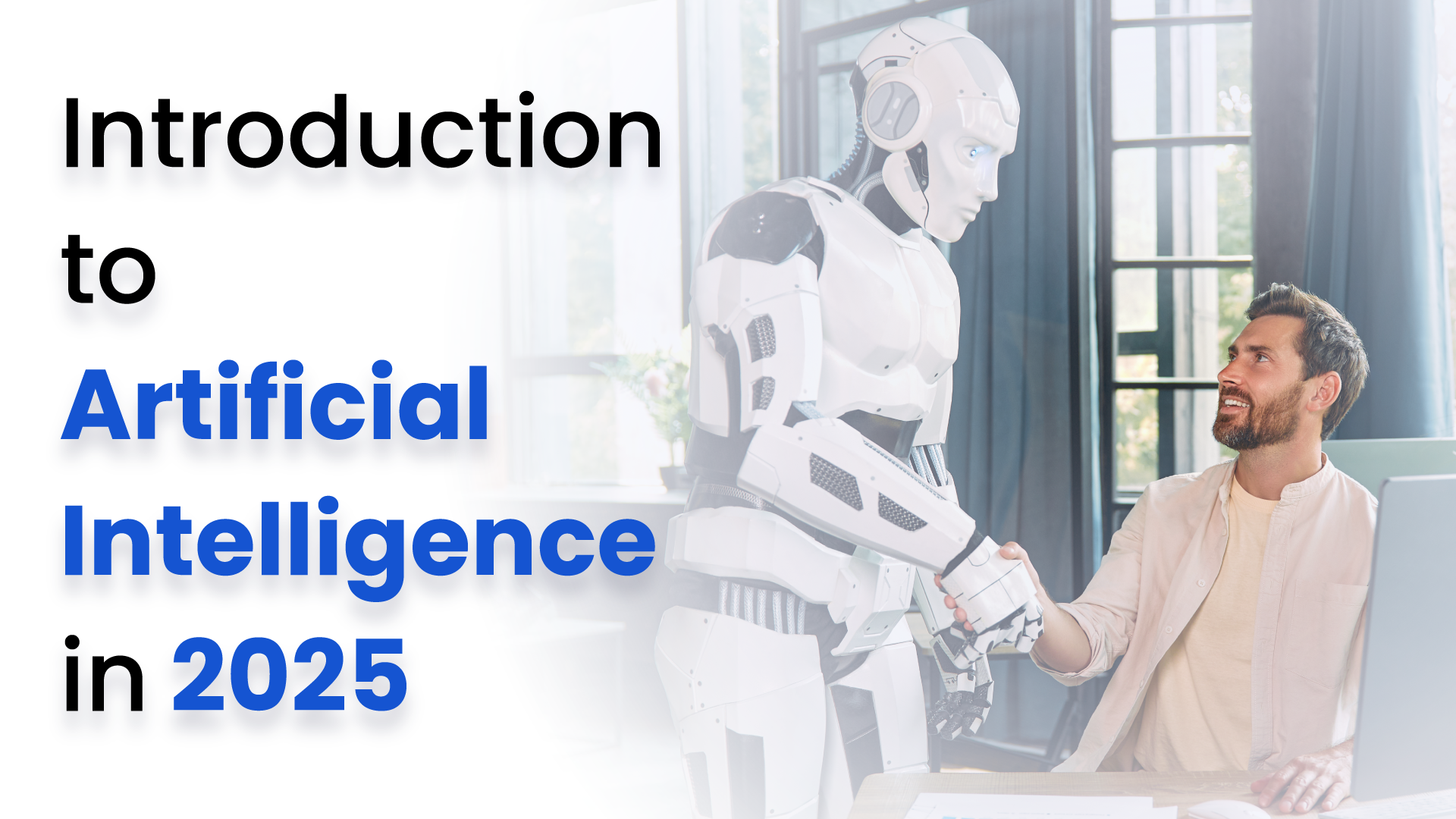
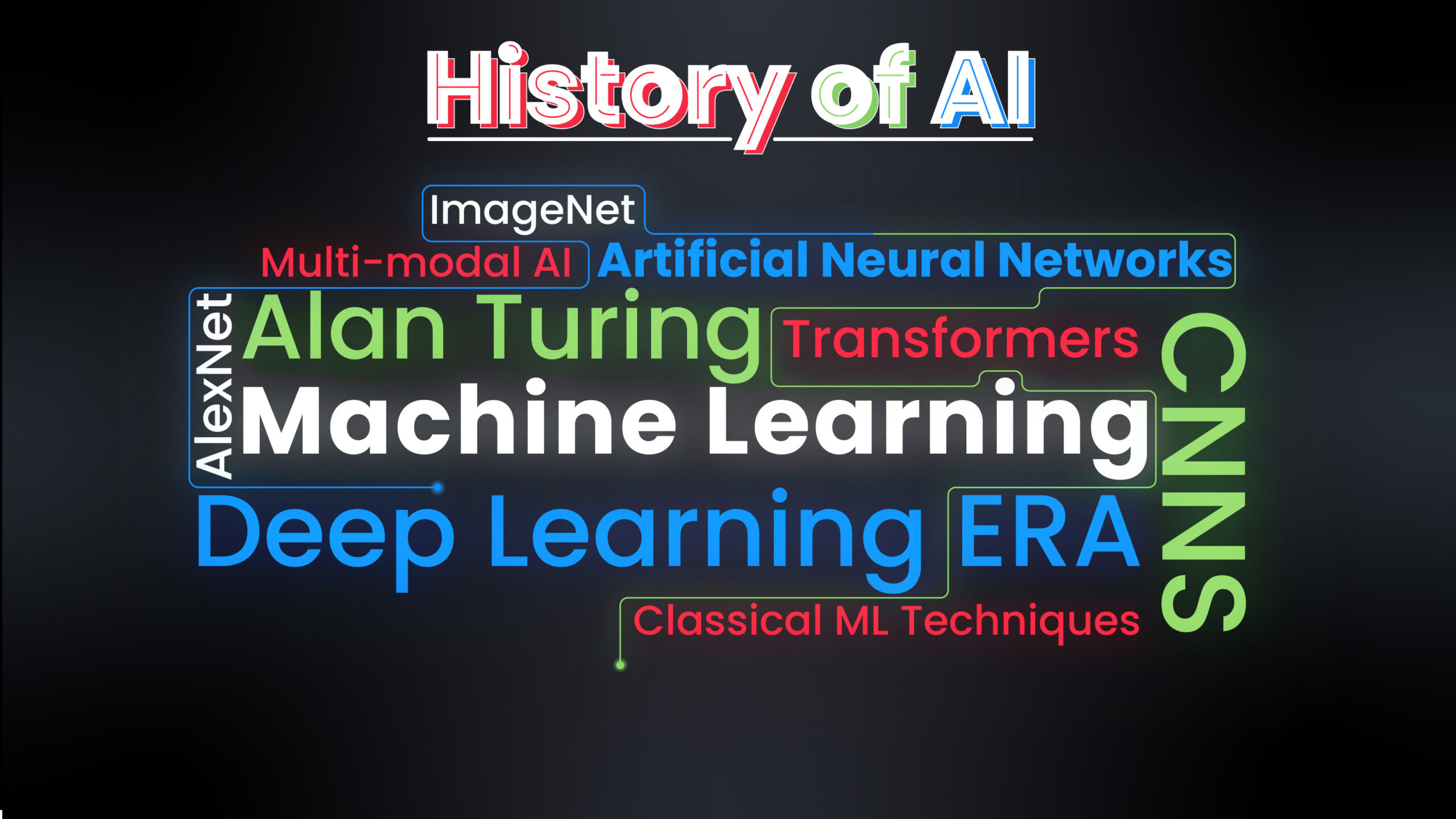
5K+ Learners
Join Free VLM Bootcamp3 Hours of Learning